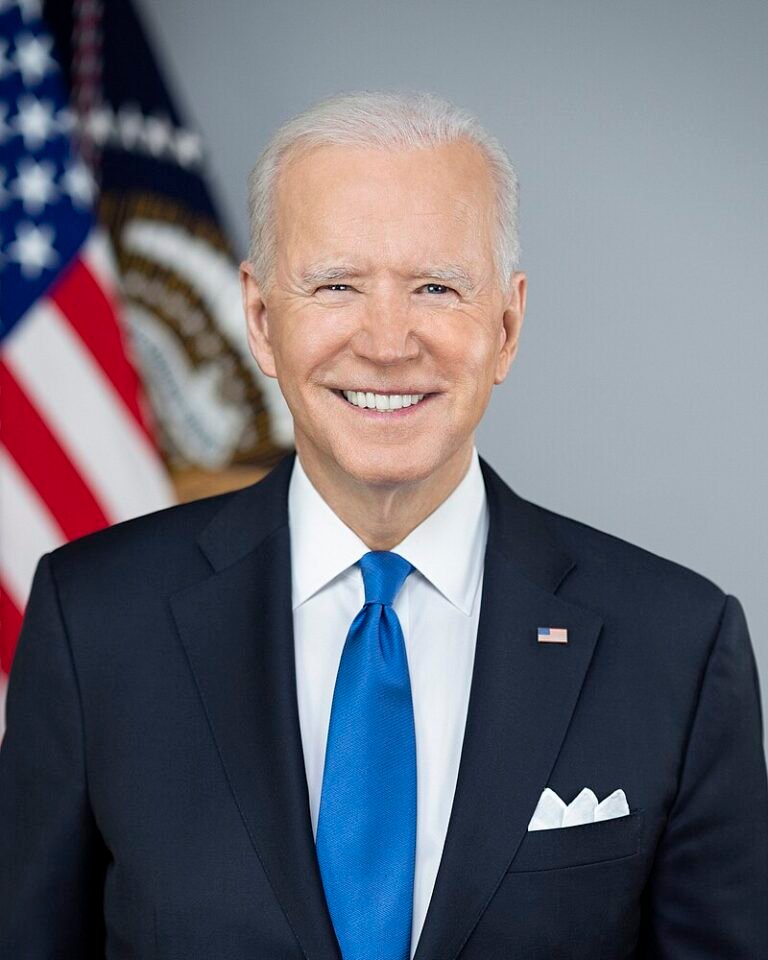President Biden has been a central figure in American politics for nearly five decades, known for his long-standing commitment to public service and his role as the 46th President of the United States. Born Joseph Robinette Biden Jr. on November 20, 1942, in Scranton, Pennsylvania, Biden’s political career began early and has been marked by significant contributions to U.S. domestic and foreign policy. His journey from a young senator to the nation’s highest office reflects decades of experience, personal resilience, and a focus on bridging divides in a deeply polarized country.
Growing up in Scranton before moving to Delaware, Biden attended the University of Delaware, earning a degree in history and political science. He then obtained his Juris Doctor from Syracuse University College of Law in 1968. Shortly after, he embarked on a political career that would span over 50 years. In 1973, at the age of 30, Biden was elected as one of the youngest U.S. senators in history, representing Delaware. His tenure in the Senate lasted 36 years, during which he became known for his work on criminal justice reforms, foreign policy, and judiciary matters. As chairman of the Senate Judiciary Committee and later the Senate Foreign Relations Committee, Biden played a critical role in shaping legislation on crime, international relations, and national security.
Among Biden’s notable legislative achievements was his involvement in the 1994 Crime Bill, which aimed to reduce crime through measures such as increased policing and tougher sentencing. He also championed the Violence Against Women Act, a key piece of legislation designed to protect victims of domestic abuse. His focus on law and order and international diplomacy earned him a reputation as a pragmatic and experienced lawmaker.
In 2008, Biden was selected by then-presidential candidate Barack Obama to be his running mate. Serving as Vice President from 2009 to 2017, Biden became a trusted advisor and key figure in the administration. He was heavily involved in the rollout of the Affordable Care Act and the 2009 economic stimulus package designed to help the U.S. recover from the Great Recession. His expertise in foreign policy was also critical as the Obama administration navigated complex global issues. Biden’s vice presidency was marked by a hands-on approach, working closely with Congress and international partners to advance the administration’s agenda.
The 2020 presidential election marked a new chapter for President Biden. Running on a platform centered around healing the nation, combating the COVID-19 pandemic, economic recovery, and addressing systemic inequalities, Biden won the election against incumbent Donald Trump. Upon taking office, he faced immense challenges, including managing the ongoing health crisis, restoring economic stability, and addressing political division. His administration quickly enacted the American Rescue Plan, a sweeping COVID-19 relief package aimed at providing financial support to individuals, businesses, and healthcare systems.
One of President Biden’s significant achievements has been the passage of the Bipartisan Infrastructure Law, which focuses on improving the nation’s roads, bridges, broadband internet, and other critical infrastructure. Climate change has also been a priority, with Biden recommitting the U.S. to the Paris Agreement and pushing for investments in clean energy. His administration has emphasized social policies designed to expand healthcare access, promote voting rights, and advance racial equity.
On the global stage, President Biden has worked to rebuild alliances and reassert the United States’ leadership role. His foreign policy has focused on addressing the challenges posed by China’s growing influence, managing ongoing conflicts, and navigating the withdrawal of U.S. troops from Afghanistan in 2021. These efforts demonstrate Biden’s commitment to multilateral cooperation and strategic diplomacy.
President Biden’s personal life has been marked by both triumph and tragedy. Married to Jill Biden, an educator, he has faced heartbreaking losses, including the death of his first wife and daughter in a car accident shortly after his election to the Senate and the passing of his son Beau Biden from brain cancer in 2015. These experiences have shaped Biden’s empathetic approach to leadership and his connection to everyday Americans.
Widely seen as a centrist Democrat, President Biden seeks to unite a divided nation. His long career and steady demeanor have made him a stabilizing presence during turbulent political times. While praised for his extensive public service and dedication, he also faces criticism from some progressives who desire bolder reforms. Nonetheless, Biden’s presidency continues to focus on addressing the pressing issues of the day with a blend of experience, pragmatism, and a commitment to public service.







